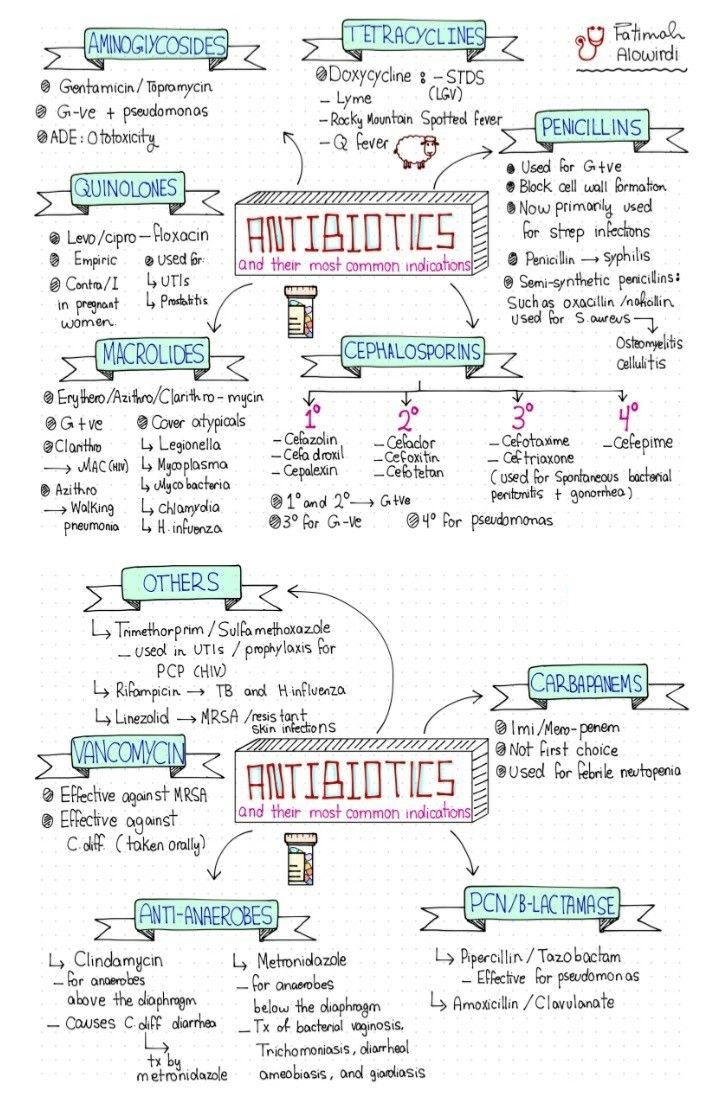When it comes to diet plans, there’s no shortage of options, each promising miraculous results and a healthier, happier you. But in the world of nutrition, opinions are as varied as the diets themselves. Here, we dive into 10 controversial diet plans that spark heated debates among experts and enthusiasts alike.
1. Keto Diet
The ketogenic diet, commonly known as keto, is a high-fat, low-carb diet that forces the body into a state of ketosis, where it burns fat for fuel instead of carbohydrates. Advocates swear by its ability to aid weight loss and improve mental clarity, but critics argue it’s unsustainable and potentially harmful in the long term. The high fat intake, especially from saturated fats, raises concerns about heart health and nutrient deficiencies.
2. Paleo Diet
The paleo diet, also known as the caveman diet, focuses on consuming foods that our ancestors supposedly ate during the Paleolithic era. This means a diet rich in meats, fish, fruits, vegetables, nuts, and seeds, while excluding processed foods, grains, and dairy. Supporters claim it’s a more natural way of eating that promotes weight loss and reduces inflammation. However, detractors point out the lack of scientific evidence supporting these claims and highlight the exclusion of entire food groups as potentially unbalanced.
3. Vegan Diet
A vegan diet excludes all animal products, including meat, dairy, and eggs. It’s praised for its ethical stance, environmental benefits, and potential health advantages, such as lower risks of heart disease and certain cancers. Nevertheless, skeptics caution about nutrient deficiencies, particularly vitamin B12, iron, and omega-3 fatty acids, which are harder to obtain from plant-based sources alone.
4. Carnivore Diet
The carnivore diet is the polar opposite of veganism, advocating for a meat-only diet. Proponents believe it can lead to weight loss, improved mental health, and reduced inflammation. Critics, however, argue it’s extremely restrictive, lacking in essential nutrients found in plant-based foods, and could increase the risk of heart disease and other health issues due to high saturated fat intake.
5. Mediterranean Diet
The Mediterranean diet is often lauded as one of the healthiest eating patterns, emphasizing fruits, vegetables, whole grains, olive oil, fish, and moderate wine consumption. It’s associated with numerous health benefits, including reduced risks of heart disease, stroke, and diabetes. Despite its acclaim, some argue that it’s not a one-size-fits-all solution and may not address specific dietary needs or preferences.
6. Intermittent Fasting
Intermittent fasting involves cycling between periods of eating and fasting. Common methods include the 16/8 method (fasting for 16 hours and eating during an 8-hour window) and the 5:2 method (eating normally for five days and restricting calories for two days). Advocates suggest it can aid weight loss, improve metabolic health, and extend lifespan. However, critics warn it can lead to disordered eating patterns and may not be suitable for everyone, especially those with certain health conditions.
7. Atkins Diet
The Atkins diet, popularized in the 1990s, is a low-carb, high-protein diet designed to promote weight loss by forcing the body to burn fat for fuel. While it has helped many people shed pounds, it’s also been criticized for its potential to increase cholesterol levels and heart disease risk due to its high intake of saturated fats and animal proteins.
8. South Beach Diet
The South Beach diet emphasizes low-glycemic-index carbohydrates, lean proteins, and healthy fats. It’s divided into phases, starting with a strict low-carb phase and gradually reintroducing healthy carbs. While it’s praised for its balanced approach and flexibility, some nutritionists argue that the initial phase is too restrictive and could lead to nutrient deficiencies and disordered eating habits.
9. Juice Cleanses
Juice cleanses involve consuming only fruit and vegetable juices for a set period, usually a few days to a week. Proponents claim it detoxifies the body, aids weight loss, and boosts energy. However, most health experts warn against them, citing the lack of protein, fiber, and essential nutrients, which can lead to muscle loss, blood sugar spikes, and other health issues. Additionally, the concept of “detox” is largely debunked, as the body naturally detoxifies itself.
10. Low-Fat Diets
Low-fat diets gained popularity in the 1980s and 1990s, promoting the reduction of fat intake to lose weight and improve heart health. While reducing unhealthy fats is beneficial, many low-fat products are high in sugar and refined carbs, which can lead to weight gain and metabolic issues. Critics argue that not all fats are bad and emphasize the importance of including healthy fats, such as those from avocados, nuts, and fish, in a balanced diet.
Call to Action
Navigating the world of diet plans can be overwhelming, with each one presenting its own set of pros and cons. The key is to find a plan that suits your individual needs, preferences, and health goals. For more in-depth analysis and expert advice on diet and wellness, bookmark our blog at Wellness Accelerator, follow us on Twitter, and subscribe to our YouTube channel. Stay informed and empowered on your journey to optimal health!





